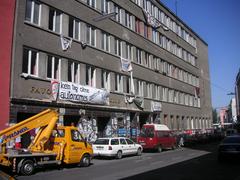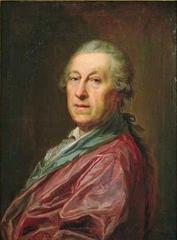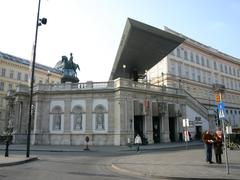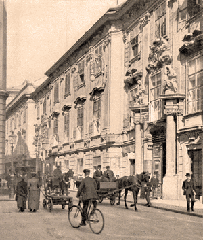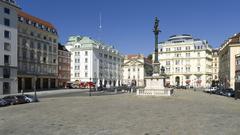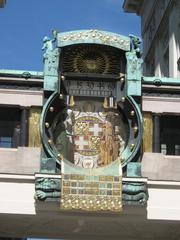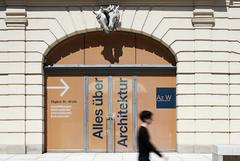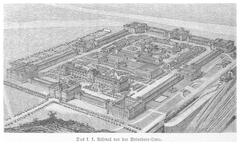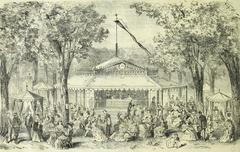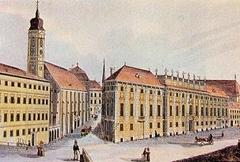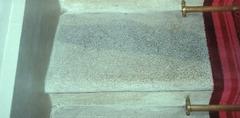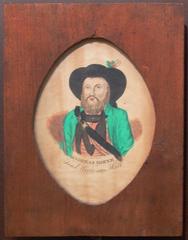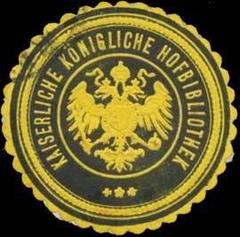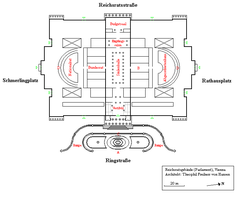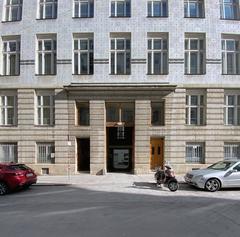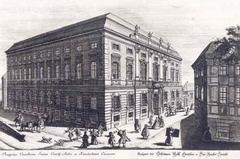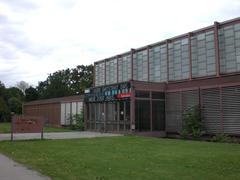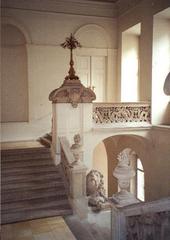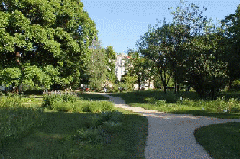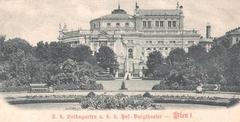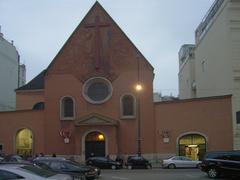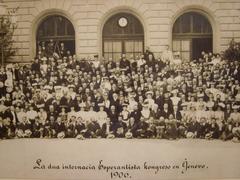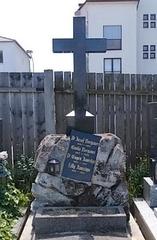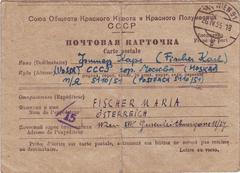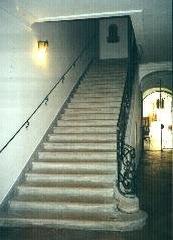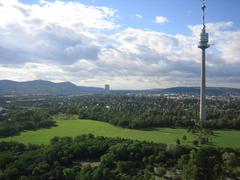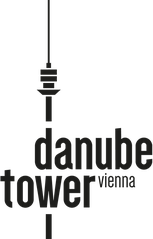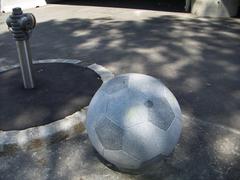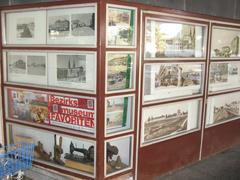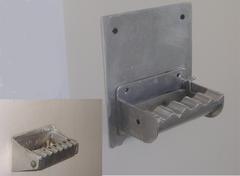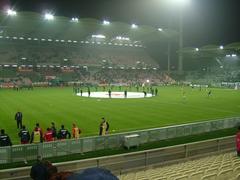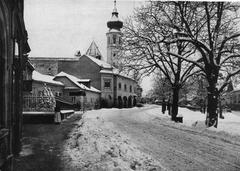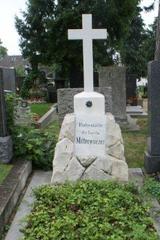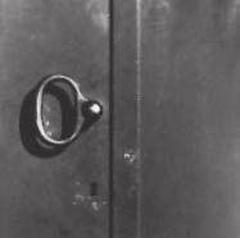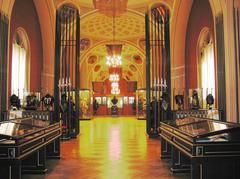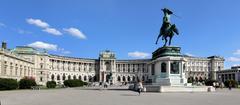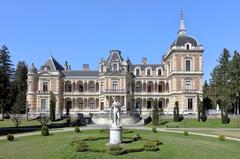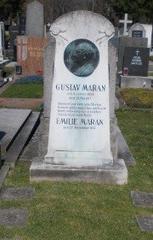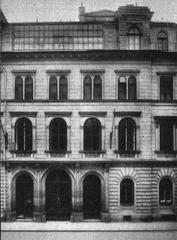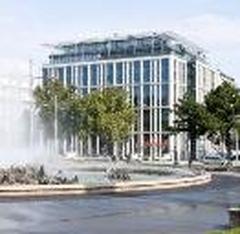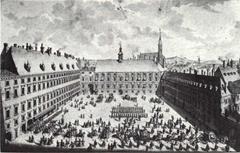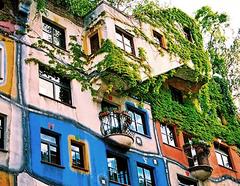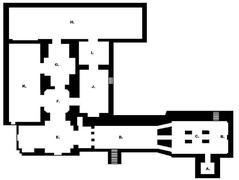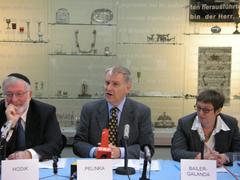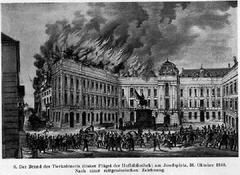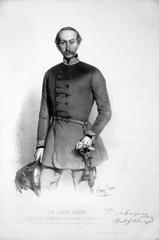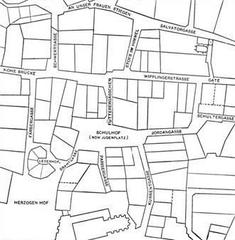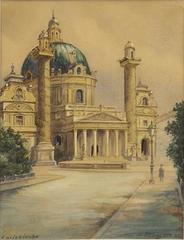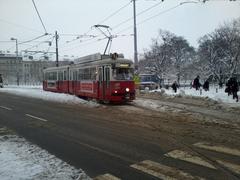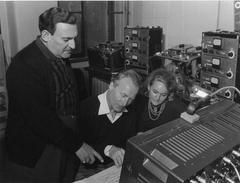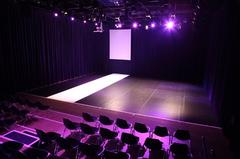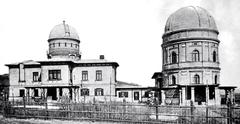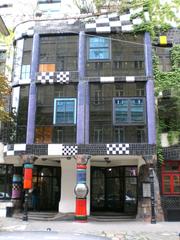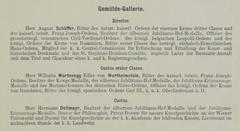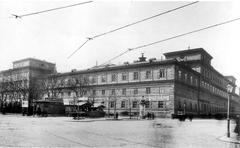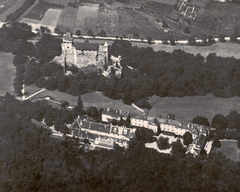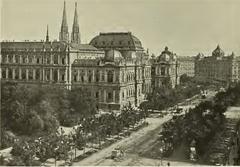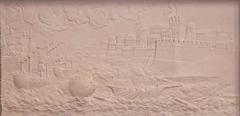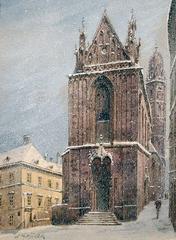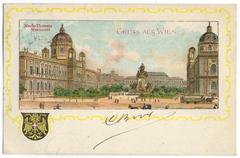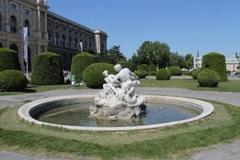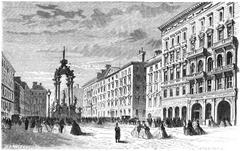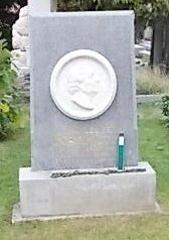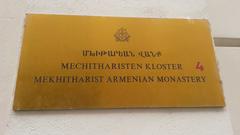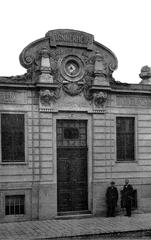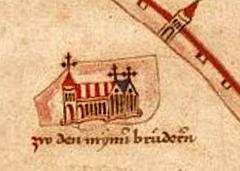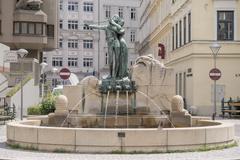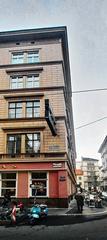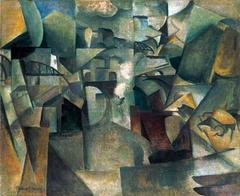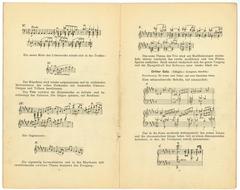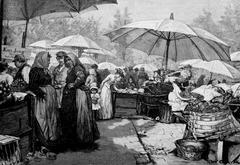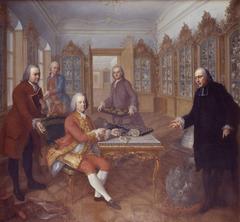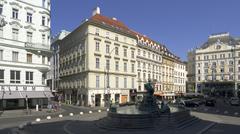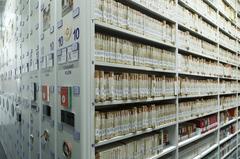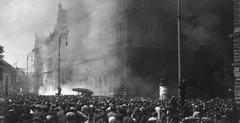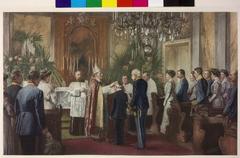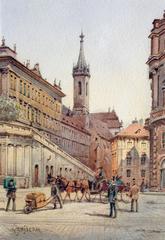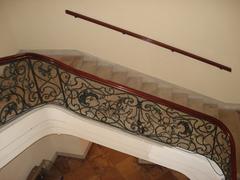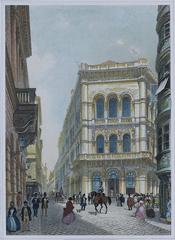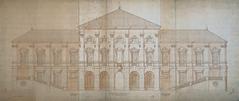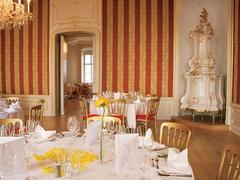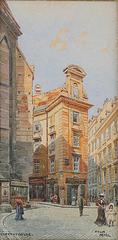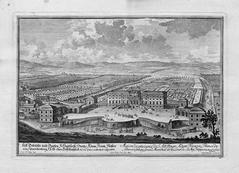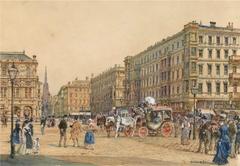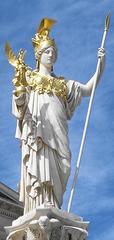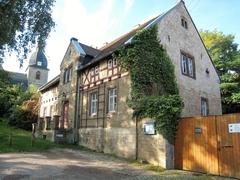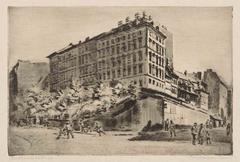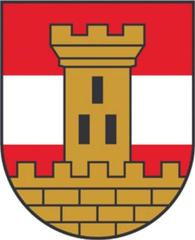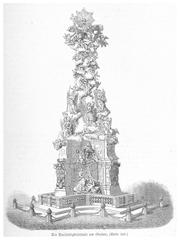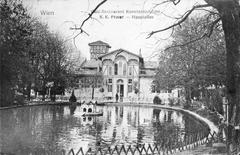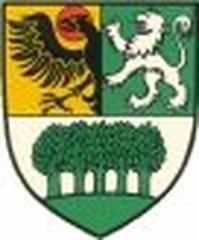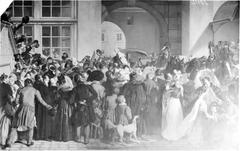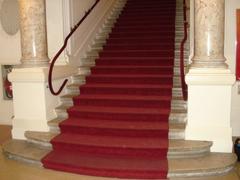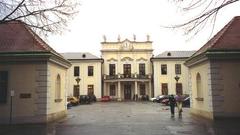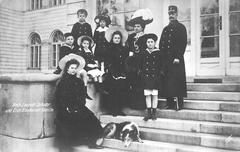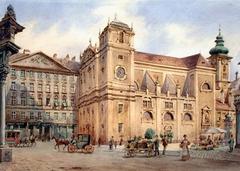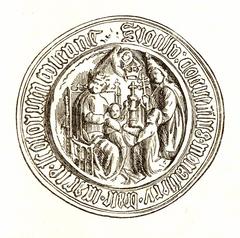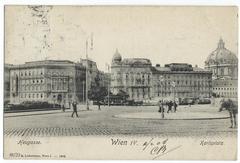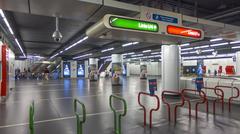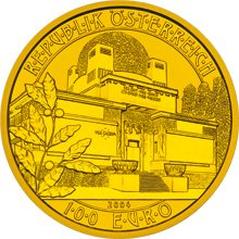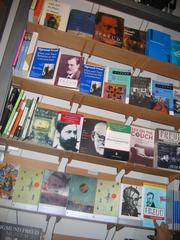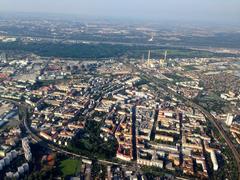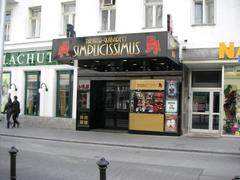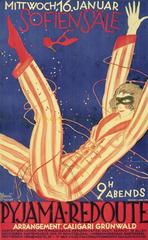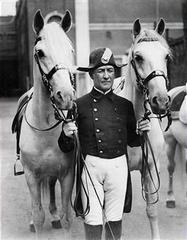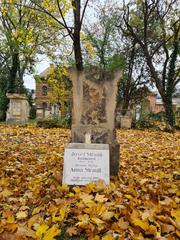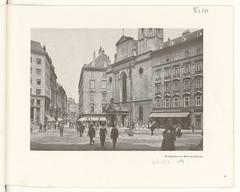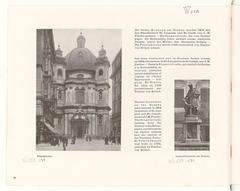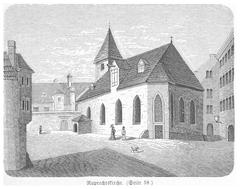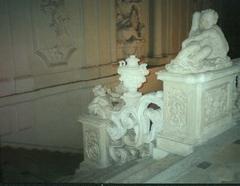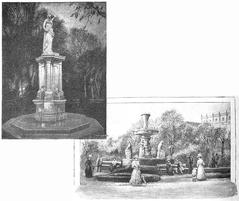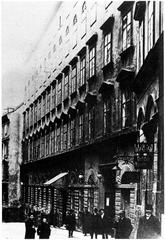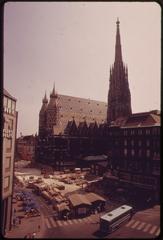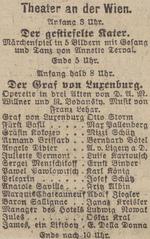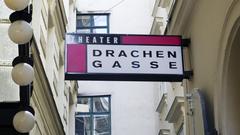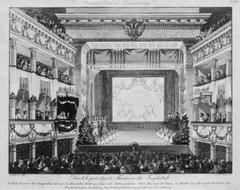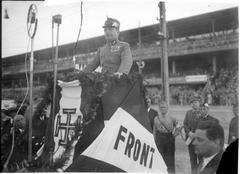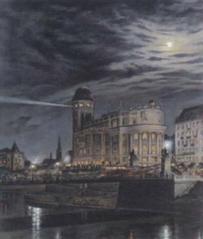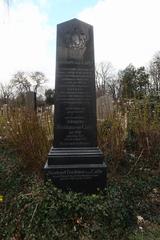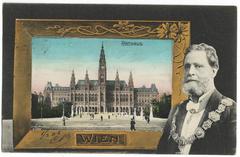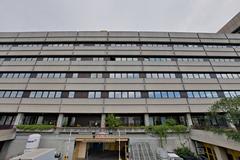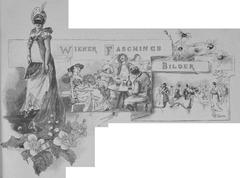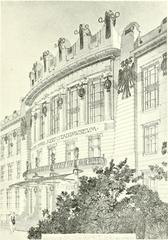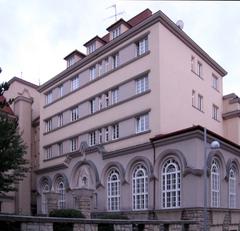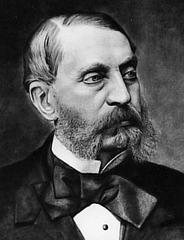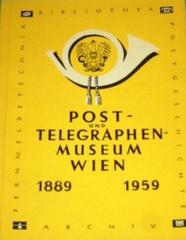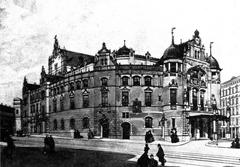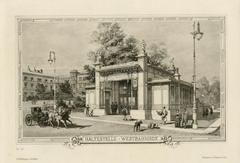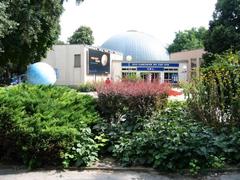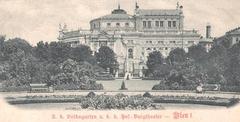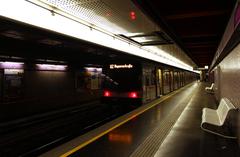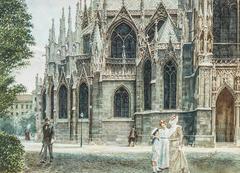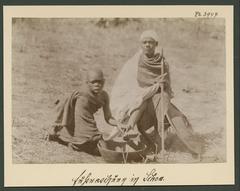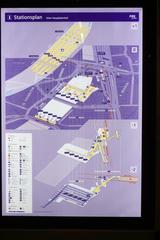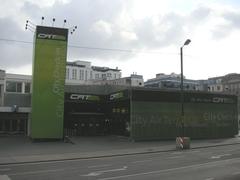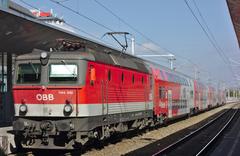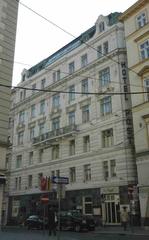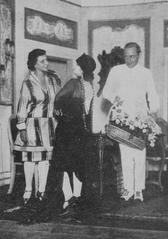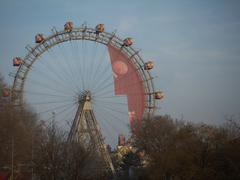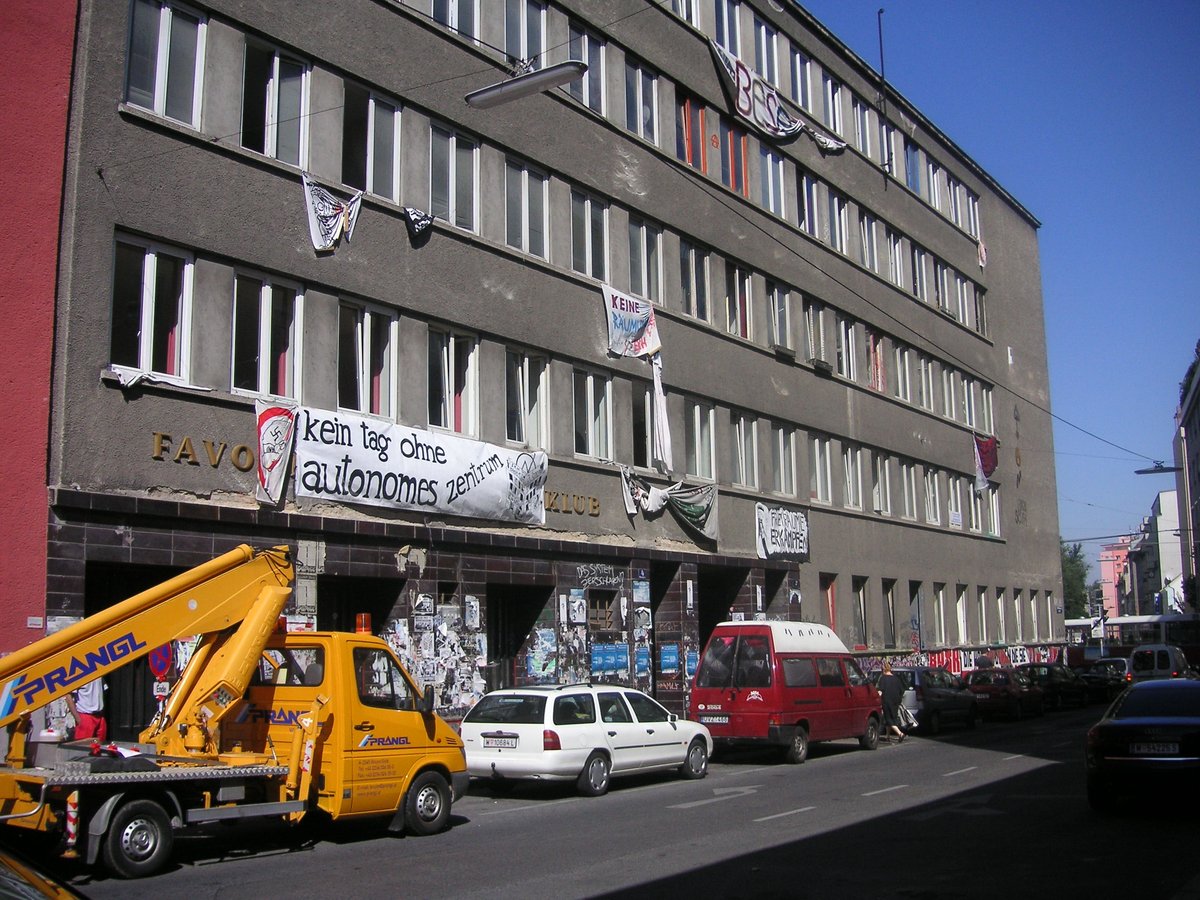
Ernst-Kirchweger-Haus Vienna: Visiting Hours, Tickets & Comprehensive Tourist Guide
Date: 15/06/2025
Introduction
The Ernst-Kirchweger-Haus (EKH) is not just a building—it is a living symbol of Vienna’s history of resistance, multiculturalism, and grassroots activism. Located in the 10th district, Favoriten, EKH has evolved from a Czech and Slovak school into a pivotal autonomous social center. This detailed guide provides insights into EKH’s layered past, its role in contemporary Viennese society, and essential information for visitors—covering hours, tickets, accessibility, etiquette, and local tips.
Table of Contents
- Historical Background
- Visiting Ernst-Kirchweger-Haus: Practical Information
- Events, Activities, and Community Engagement
- Nearby Attractions
- Frequently Asked Questions (FAQ)
- Visitor Tips
- Conclusion
- References and Further Reading
Historical Background
Origins and Early Use
EKH was built in 1931 by the Czech educational association Komenský, serving as a school for Czech and Slovak children in interwar Vienna. The reinforced concrete structure also housed the “Wieland-Theater,” accommodating up to 300 people and reflecting the vibrant multicultural atmosphere of the era. (meinbezirk.at)
Postwar Changes and KPÖ Ownership
After World War II, the building was transferred to the Communist Party of Austria (KPÖ) in 1945. For decades, it remained under KPÖ ownership, though its use declined by the late 1980s. (geschichtewiki.wien.gv.at)
The 1990 Occupation and Autonomous Scene
On June 23, 1990, a coalition of left-wing activists, including members of the Kurdish-Turkish ATIGF, occupied the then-vacant building. They established it as a self-managed, anti-fascist social hub, naming it after Ernst Kirchweger—a communist and Holocaust survivor killed in 1965 during an anti-fascist demonstration. EKH soon became a vital center for migrants, refugees, and activists, hosting concerts, political discussions, and support initiatives. (en.wikipedia.org; redglobe.de; anarchismus.at)
Legalization and Political Struggles
In 1991, the activists secured a symbolic rent agreement with the KPÖ, allowing EKH to operate openly but with precarious legal standing. In 2004, the building was sold to a company with controversial ties, sparking widespread protests. After sustained activism, the City of Vienna acquired EKH in 2007, and by 2008, usage contracts officially legalized its role as an autonomous center. (geschichtewiki.wien.gv.at; besetzungsarchiv.org)
Legacy of Ernst Kirchweger
Ernst Kirchweger (1898–1965) was a lifelong anti-fascist who survived Nazi concentration camps. His death during a protest against far-right influences marked Austria’s first postwar political fatality and is commemorated throughout Vienna—most notably at EKH, which continues his legacy of resistance and social justice. (redglobe.de)
Visiting Ernst-Kirchweger-Haus: Practical Information
Location and Getting There
- Address: Wielandgasse 2-4, 1100 Vienna (Favoriten district)
- Public Transport:
- U-Bahn: U1 line, Keplerplatz or Reumannplatz stations (5–10 minutes’ walk)
- Tram and bus lines also serve the area
- Bike racks available nearby
- Parking: Limited; short-term parking zones apply. Public transport is recommended.
- For up-to-date transit details, see the Wiener Linien website.
Visiting Hours
EKH is not a traditional museum and has no fixed visiting hours. Access is typically possible during public events (concerts, workshops, meetings, exhibitions), which are announced on the EKH official website and social media. Plan your visit according to scheduled events.
Tickets and Fees
- Entry: Most events are free or donation-based; some may have a nominal fee.
- No general admission or regular ticketing outside of event times.
- Check event listings for specific ticket details.
Accessibility
- The historic building is partially accessible; some areas may be challenging for visitors with mobility impairments.
- Contact event organizers or EKH’s contact point in advance to discuss accessibility needs.
Facilities and Amenities
- Event spaces: Halls for concerts, workshops, and meetings
- Café/bar: Volunteer-run during events, offering affordable food and drinks (often vegan/vegetarian)
- Infoshop/library: Literature on activism, politics, and culture
- Restrooms: Available during events
Visitor Etiquette
EKH is a living, self-managed community space rooted in anti-fascism, anti-racism, and social justice. Visitors are expected to:
- Respect privacy: Always ask permission before photographing people or interior spaces.
- Be considerate of noise: Vienna enforces strict noise rules, especially after 10 p.m. (The Invisible Tourist)
- Participate respectfully: Follow instructions during events; engage appropriately.
- Language: German is primary, but English is common at international events. Knowing a few German phrases is appreciated (The Vienna Blog).
- Dress code: Casual and respectful attire; no formal code.
Events, Activities, and Community Engagement
EKH hosts a wide array of activities:
- Concerts/Performances: Punk, electronic, hip-hop, and alternative genres
- Workshops/Seminars: Activism, art, DIY skills, and community organizing
- Film screenings & discussions: Independent films and political forums
- Markets/Festivals: Flea markets, art fairs, and community celebrations
Events are updated regularly on the EKH event calendar. Some require registration; most welcome walk-ins. Donations support the center’s work.
EKH is also a hub for migrant and refugee organizations, queer collectives, and marginalized communities, fostering intercultural dialogue and solidarity.
Nearby Attractions
The Favoriten district is multicultural, featuring:
- Viktor-Adler-Markt: Lively local market
- Reumannplatz: Diverse eateries and shops
- Gürtel nightlife: Alternative bars and clubs a short tram ride away
- Central Vienna: U1 connects directly to St. Stephen’s Cathedral, Belvedere Palace, and MuseumsQuartier (Nomadic Matt).
Frequently Asked Questions (FAQ)
Q: Does EKH have regular visiting hours?
A: No, EKH is open only during public events. Check their event calendar before visiting.
Q: Are there entrance fees or tickets required?
A: Most events are free or donation-based; some have a nominal fee. No general admission ticket.
Q: Is EKH accessible for visitors with disabilities?
A: The building is partially accessible; contact organizers for details.
Q: Can I take photos inside EKH?
A: Only with permission—always ask first, especially when photographing people.
Q: Are guided tours available?
A: No regular tours, but some events may include talks or presentations.
Visitor Tips
- Plan your visit around scheduled events.
- Bring cash for donations and purchases; many venues are cash-only (The Vienna Blog).
- Dress for both indoor and outdoor activities.
- Most shops are closed on Sundays; plan meals/shopping accordingly (The Invisible Tourist).
- Punctuality is valued in Austria; arrive on time (The Invisible Tourist).
- For emergencies, dial 112 or 133 (police).
Conclusion
Ernst-Kirchweger-Haus is a living embodiment of Vienna’s enduring spirit of resistance, solidarity, and cultural innovation. Its evolution—from an educational center to an autonomous social hub—mirrors Austria’s sociopolitical transformations. Visiting EKH offers deeper engagement with Vienna’s alternative culture, activism, and community life. To make the most of your visit, check event schedules, respect the space, and immerse yourself in this unique social landscape.
Stay updated on EKH events via their official website and social media channels. For curated cultural guides and local insights, download the Audiala app.
References and Further Reading
- meinbezirk.at
- geschichtewiki.wien.gv.at
- en.wikipedia.org
- redglobe.de
- austriasites.com
- diepresse.com
- med-user.net
- ekh.or.at
- travelsewhere.net
- The Invisible Tourist
- The Vienna Blog
- Nomadic Matt
